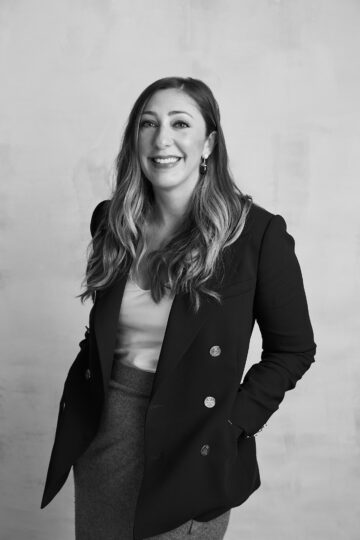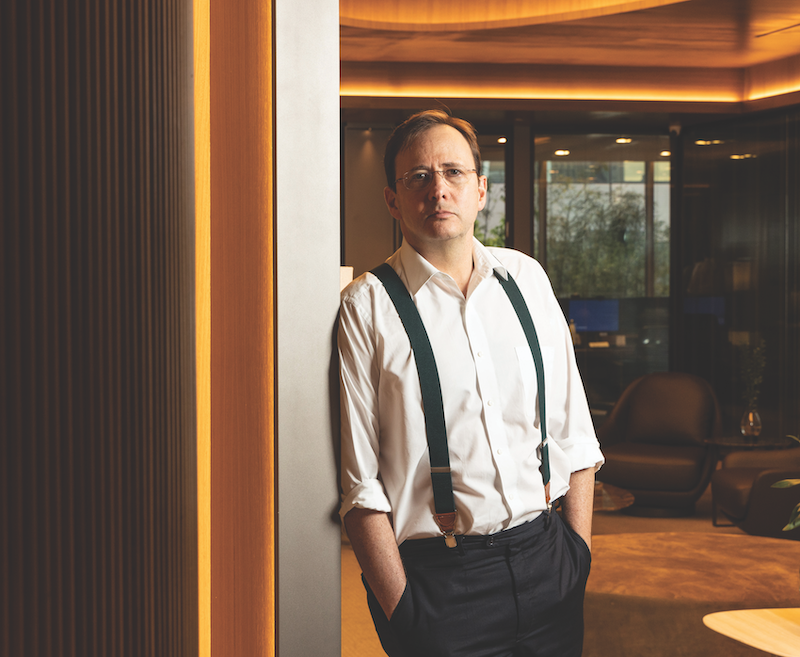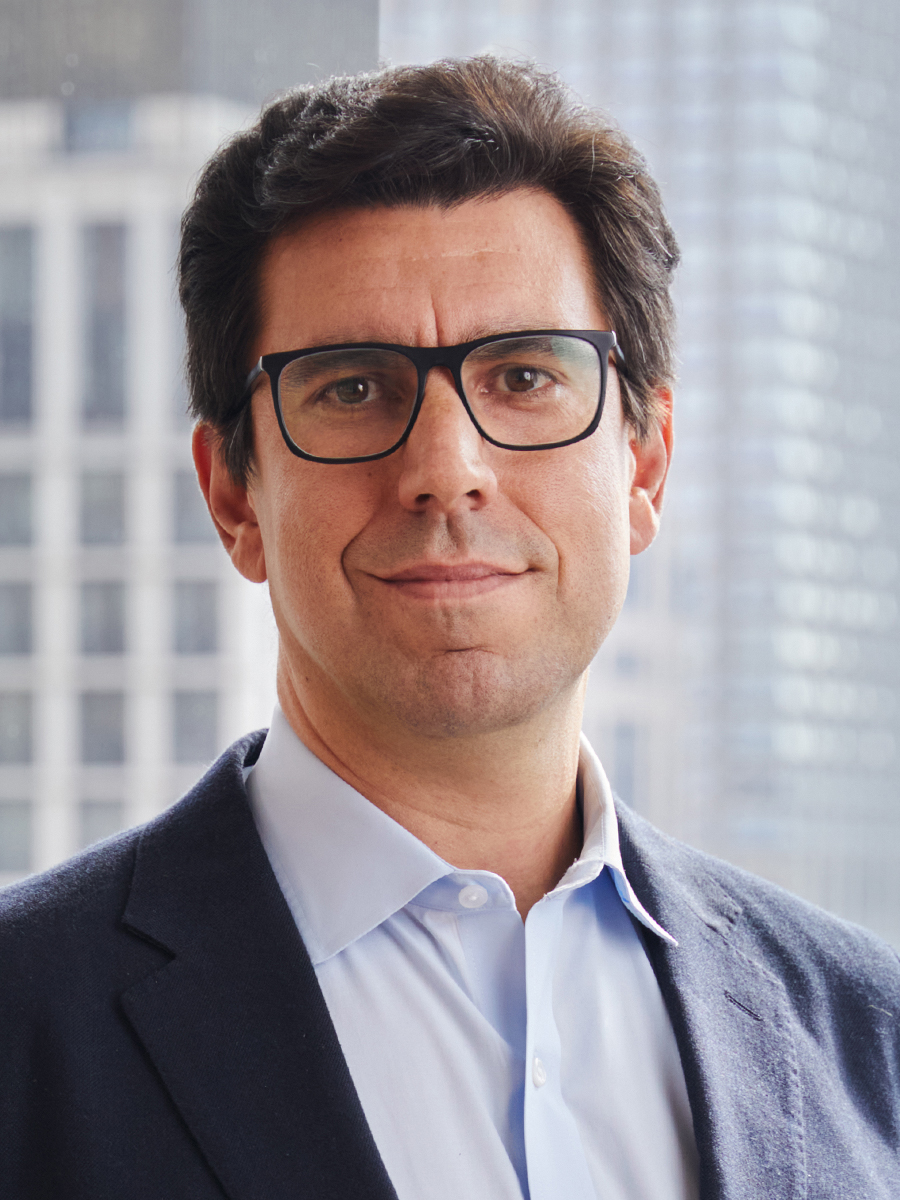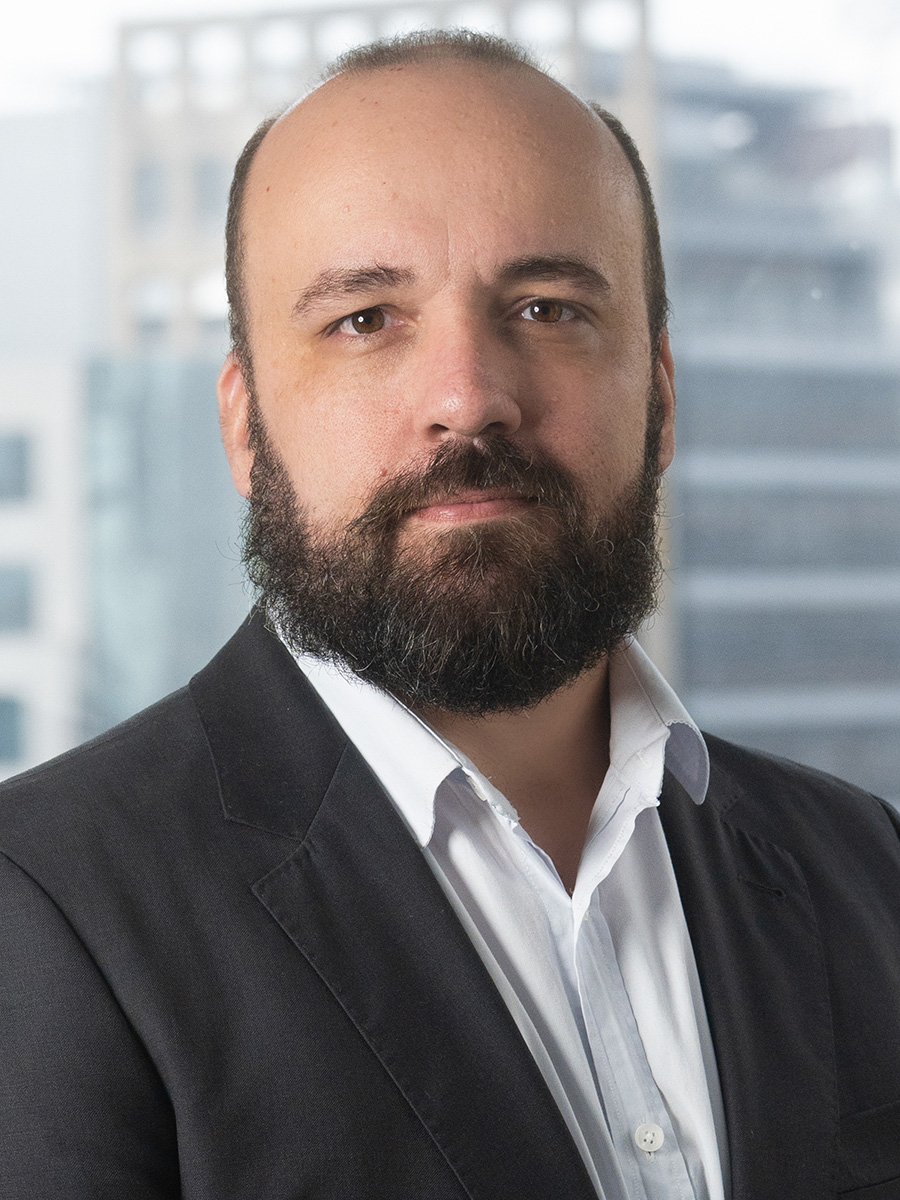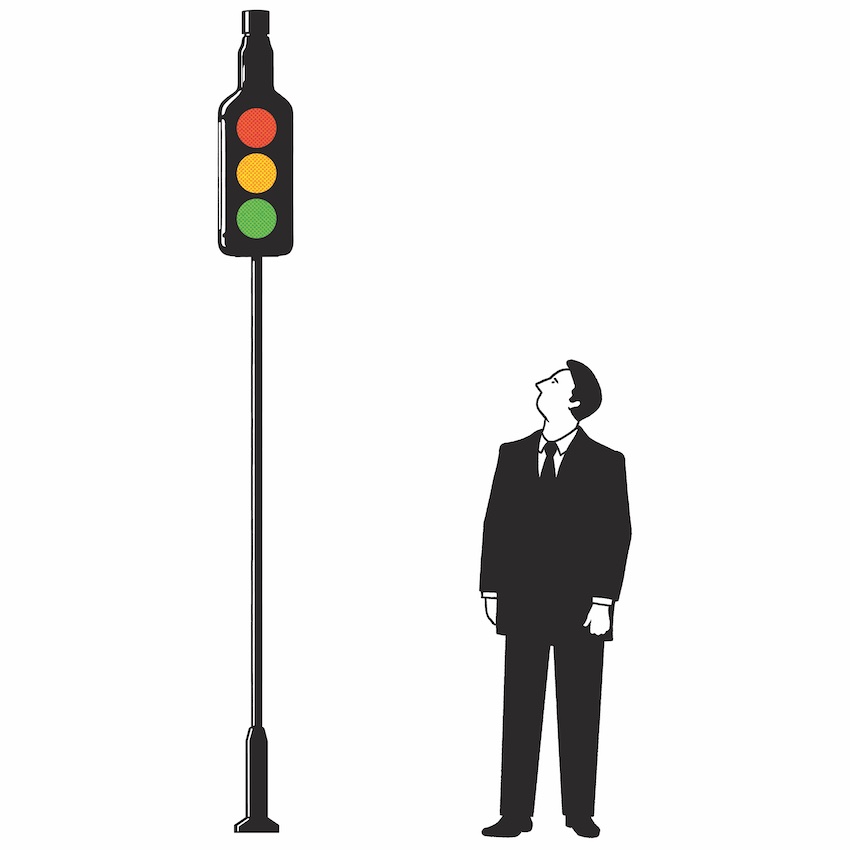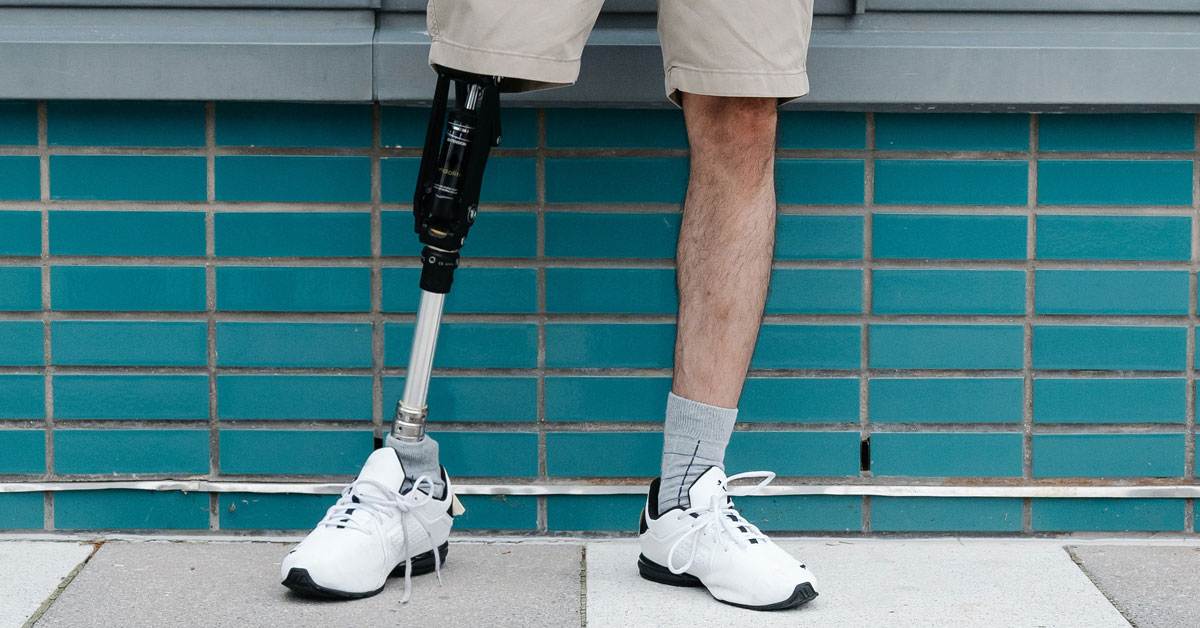It’s no exaggeration to say inflation made Fabio Kanczuk an economist. The former Head of Policy at Brazil’s Central Bank talks to Brunswick’s Daniel Wiedemann and Eduardo Tavares about living with uncertainty in the US and Brazil.
When Fabio Kanczuk was Deputy Governor at the Central Bank of Brazil, the director of the nation’s economic policy, the post-pandemic battle with inflation landed squarely on his desk. The main tool of combat: interest rates.
“You saw inflation coming up in Brazil in a crazy way. It was so quick,” he told us in a recent interview. “We found ourselves with a nominal interest rate—like the Fed fund rate—at 2%. At that moment, I needed it to be at 8%. But I can’t go from 2% to 8% in a second; it would destroy businesses. Nobody would expect that. So we had to move very slowly.”
That dance of economic adjustments was going on all over the world. When the pandemic shut down supply chains, the prices of goods and energy went up everywhere. Governments transferred money to people and to business, keeping the economy afloat, but also potentially contributing to inflation. Raising interest rates slows consumer spending, reducing demand and bringing inflation down.
Kanczuk is Macroeconomics Director at ASA. Founded in 2020 by Alberto Joseph Safra, ASA has quickly become a pre-eminent financial institution in Brazil. Safra is a member of the renowned Safra family, whose experience in the global financial industry traces back generations. In the past year, ASA has doubled in size, with offices in 13 major cities across the Americas, including New York and Miami.
Kanczuk is also a former Professor of Economics at the University of São Paulo (USP), and holds a Master of Science and a Ph.D. in economics from UCLA, with post-doctoral studies at Harvard. Today he divides his time between São Paulo and Boston, where his wife is a Harvard professor and his daughter a student at MIT.
In his youth, Kanczuk had pursued an entirely different career path, but ironically, inflation itself intervened to push him into economics.
“I was studying electronics engineering at ITA—Brazil’s version of MIT,” he says. “I thought I was going to be an engineer, maybe in aerospace stuff. But when I graduated in 1991, our inflation was about 90% per month—over 1,000% per year.”
Rising costs shut the door on any kind of investment in innovation by businesses. The few engineering jobs that could be found in the country offered little reward. Kanczuk estimates that out of his class of about 100 engineering graduates, none of them went on to jobs in the field.
Forced to change professions, the experience gave Kanczuk a deep understanding of the interconnected role between education, economics and society as a whole.
We spoke to him from ASA’s offices in São Paulo about those insights, the lessons he has since learned from his experience at the Central Bank, and what uncertainty means for business.
“When you have a recession in the US, money flows away from Brazil and emerging markets and we suffer a lot. … the health of the US economy is very important to us and it’s likely going to be that way for many decades to come.”
Harvard economics professor Kenneth Rogoff was recently quoted as saying that we live in a new era where interest rates will remain higher. Do you agree with that? Should we expect high inflation?
Interest rates have to be higher than in the past. I totally agree with him. Rogoff studied data over centuries and saw a trend that predicted that the long period of low rates that we had been living with would come to an end. He’s saying we’re not going back to the pre-pandemic rates of 1% or 2%. He thinks interest rates will come down to 4% or 3.5%, but not lower than that. And I’m with him, I think that’s right.
For inflation, I don’t think it will remain high. The US has a target of 2% inflation and if that’s what they want, I’m pretty sure they can accomplish that. A different question emerges if there’s a change in the mandate of the Fed and if they decide they want to go for a higher target. But so far, their target is 2%, and I’m pretty sure that they can accomplish that. As the central bank, the Fed has the power. It’s a question of being willing to do it or not.
What’s your outlook for the current US Fed policy?
When you are inside the Central Bank, when you sit in that chair, your IQ drops instantaneously. It’s a very hard job. So I’m not going to say what they’re doing is right or wrong. But what I see is they are taking risks in terms of allowing inflation higher than maybe they should, or higher than I would. And I don’t know if it’s going to pay off or not.
The US inflation rate target is 2%. Right now, inflation is around 3%, 2.7%, something. You can’t know for sure that inflation is going to come down to 2%. In that case, it might be best not to announce that you’re going to cut rates. Because you might find you have to have higher rates for a long period of time—or you might even have to raise them again. But the Fed has chosen in their language to signal that they intend to cut rates.
What the Fed cuts is the overnight lending rate. Nobody outside the banking world borrows money overnight—they borrow for a year or more. But those longer-term interest rates follow the movements of the overnight rate. So banks and customers to some degree anticipate interest rate changes by the Fed. Signaling is how you control those expectations. The Fed is signaling that it’s OK to expect a rate cut at some point, which means downward pressure on interest rates generally and more spending. Countering expectations, raising when you said you would cut, can create disruption and uncertainty, which is not what you want.
It’s a bet that they’re making. They’re gambling that they’re going to be able to have a soft landing, to lower inflation to 2% without hiking, without a recession—everything marvelous. So far it’s working for them. It’s pretty amazing. Inflation was almost 10% and came back to 3%.
In Brazil, we typically wouldn’t make that bet, in part because of our history. I’m more risk averse, and I wouldn’t do so. But I understand why they choose that. Nobody likes high interest rates. High rates mean higher unemployment. It’s bad for everyone, but it’s the cost of bringing inflation back to the target. So, how high, how long to keep them high, how to signal about the changes—each central bank has to decide how they want to make that bet.
“From an investors’ point of view, it looks like an easy choice. You’re not losing by going green.”
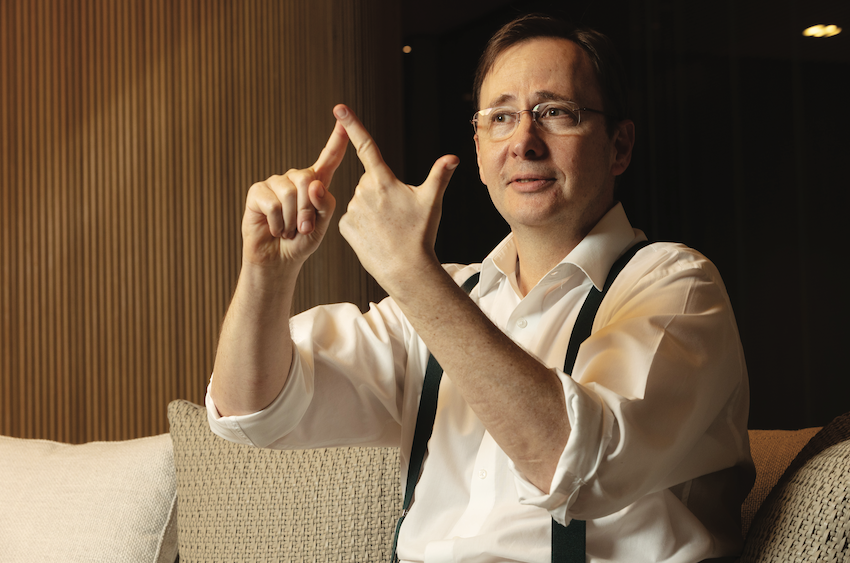
Do you think American companies are prepared for prolonged inflation, should it come?
I think Americans are more prepared now than they were a few years ago. Since the pandemic, they’ve seen how destructive inflation can be. For the previous 20 years they had really no inflation. The current generation had no experience with it. But now if they get inflation for a longer period, they’re going to be better prepared.
For Brazilians and Americans, both on the corporate side and in the central banks, the planning issue generally is about uncertainty, not just inflation. Climate change also creates uncertainty, for instance. You have to be able to bring that uncertainty into your process.
Brazilians are used to operating in a lot of uncertainty. Anything can happen—a new president who does crazy stuff, inflation can go up or down, the currency depreciates. When you have a situation like that, you don’t do fine tuning. You’re not anticipating optimal conditions.
Instead your planning is focused on imagining the worst-case scenario and trying to avoid it. It’s a different mindset, a different decision-making process, more short-term, more stressful, less constructive for the long term.
I hope the US is not becoming more like Brazil in that respect, but there is a tendency growing in that direction. You have to bring that uncertainty into the process but you want to avoid getting stuck in short-term, worst-case scenario thinking.
Does the upcoming presidential election in the US figure into that uncertainty? Do you see that election impacting Brazil?
Most countries are becoming more polarized around elections, with wildly different policies expected depending on who wins. In countries like Mexico, Chile, Colombia and in Europe, you also see the extreme right gaining more power. You’re going to see that polarization in Brazil. And yes, that contributes to uncertainty, volatility.
In the case of the US, the policies the two candidates would enact are very different. Tariffs on Chinese products for example, and tax policies. Trump’s tax cuts are set to expire in 2026. He would be inclined to try to keep those in place, where Democrats would want to let them expire. That kind of uncertainty leaves central banks to consider worst-case scenario planning, rather than planning for the most likely scenario or targeting an optimal set
of conditions.
Depending on how the US economy is doing, it can change everything for Brazil. Most people expected a recession in the US in 2023. When you have a recession in the US, money flows away from Brazil and emerging markets and we suffer a lot. You have currency depreciation, high inflation, all the possible problems. So the health of the US economy is very important to us and it’s likely going to be that way for many decades to come.
Globally, a shift to the right is associated with more tariffs, keeping countries more isolated. A worker in the US who may not have a great education doesn’t want to compete with immigrants. So they prefer to shut down part of the economy. I understand that. Some people will benefit. But as globalization is stymied, prices are going to go up. Central banks are already considering that there is going to be inflation here that they are going to have to fight.
Are the energy transition and environmental impact investments helping economies or are they weighing them down?
I’m all for green and environmental investments, personally. There is this view that you can go green and your production will go even higher—I don’t think that’s likely. When you make a decision to be environmental, you have larger benefits in terms of lowering the chances of the worst possible scenario of global warming. But you’re probably going to grow less as you transition and you’re going to have higher inflation. There is a cost.
But from an investor’s point of view, the prices are so similar that going green seems to be an equal option. You’re not losing your expected value. And if things go bad, you chose the right thing. So I’m all in.
From an investors’ point of view, it looks like an easy choice. You are not losing by going green.
More from this issue
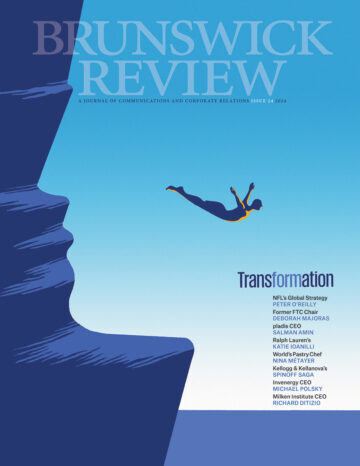
Transformation
Most read from this issue
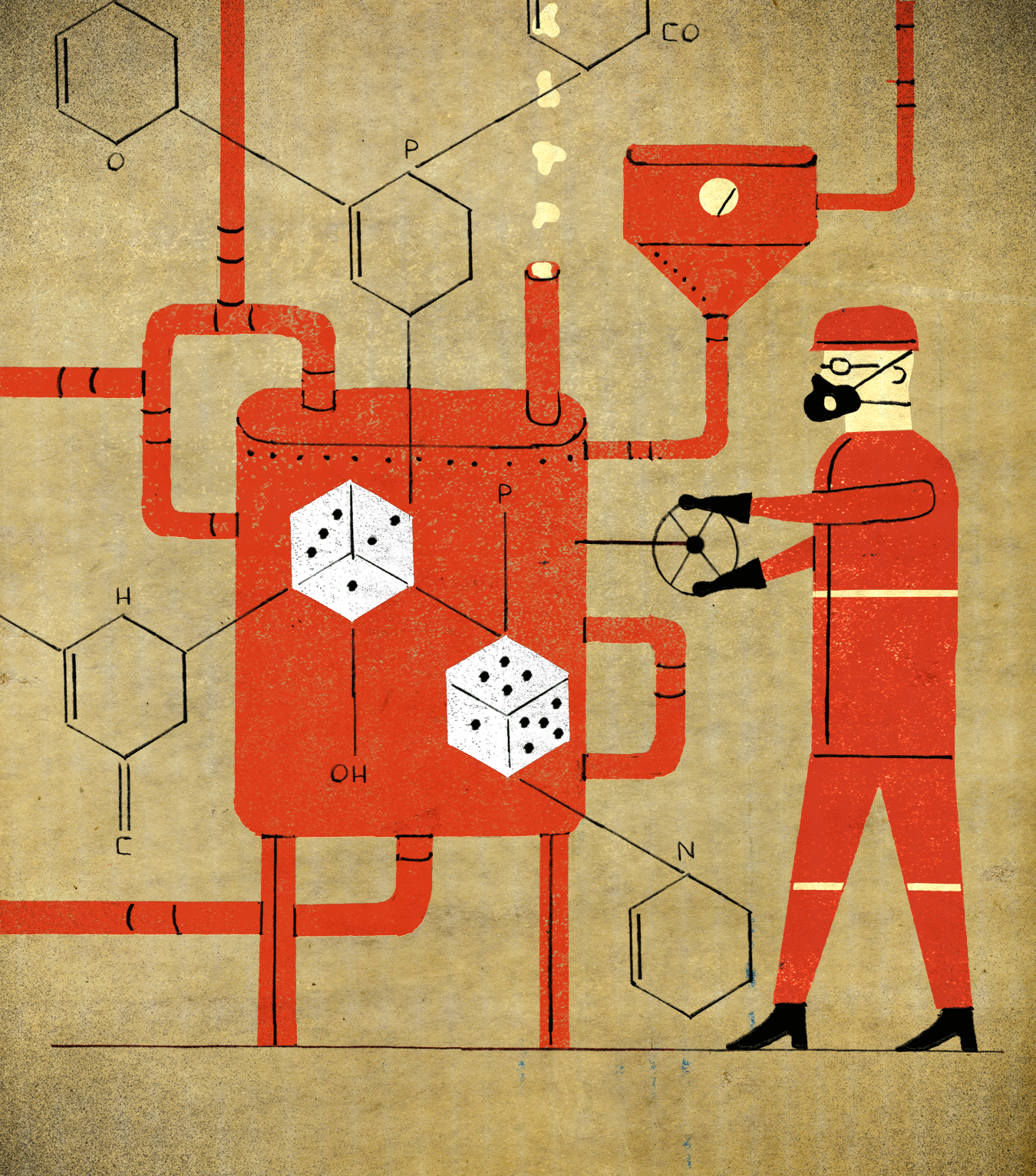
Is REACH Toxic?
